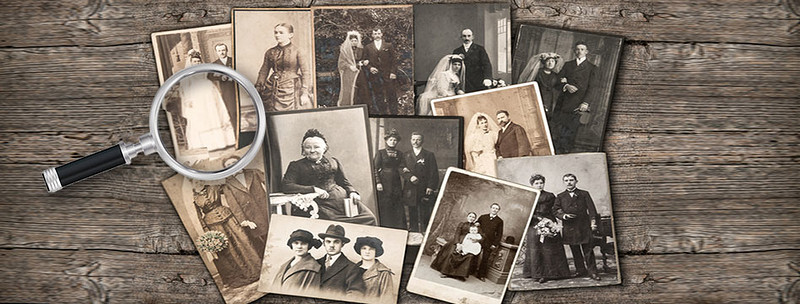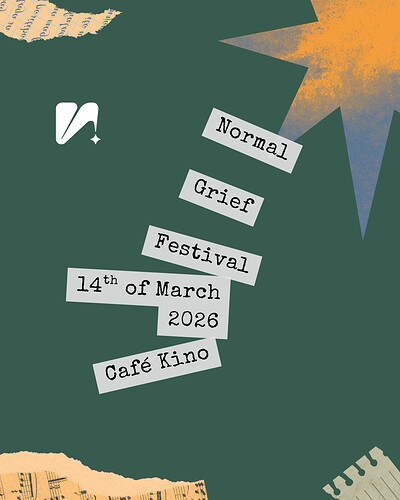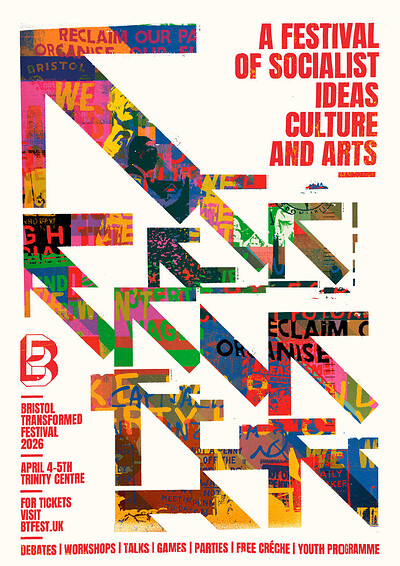
A event held at The White Rabbit on Tuesday 7th May. The event starts at 19:00.
Analysing chromosomes are becoming increasingly popular, but why, and what happens when you get unexpected possibly life changing results?
This talk will look at how to start to devise a family tree and which archives and paper trails to follow. This will lead into an explanation of how DNA testing and the resultant ethnicity estimates and cousin matches can be incorporated into your personal narrative. Have you seen the TV programmes Long Lost Families and Who Do You Think You Are? There are a variety of DNA tests that can be used and we will look at their relative advantages and disadvantages. Some practical help for adoptees will be given.
This talk will also discuss the psychology of searching for ancestors and relatives and ethical dilemmas that can arise when devising a family tree. Is it hopeful or harmful? Are we part of a family or a tribe? Are people ready for the potential long term emotional fallouts that can come with DNA Testing?
Venue: The White Rabbit
Doors: 7pm
Talk Starts: 7:30pm
Ends: 9:30pm
Dr. Penny Walters’ PhD researched Ethical Dilemmas, and she has been a University lecturer for 30 years in Psychology & Business Studies. Penny's interest in genealogy started when her children had to devise trees as part of a school project, but, as an adoptee, the tree didn't 'feel quite right.' DNA testing revealed 91% Irish heritage, which supports her paper trail; and collaboration with 2 very helpful American DNA matches. Penny is the mother of 6 mixed race children, and DNA testing revealed fascinating insights into her children's cultural heritage. Having researched her two family trees for 30 years, Penny lectures internationally (including USA, Ireland, Egypt) & writes articles about genealogy topics, including adoption; diaspora; black British heritage; mixing DNA results with a paper trail; the Psychology of Searching; and Ethical Dilemmas in Genealogy. Penny has recently published her book 'Ethical Dilemmas in Genealogy.'
Entry requirements:
Entry requirements:
Tickets for similar Bristol events.

